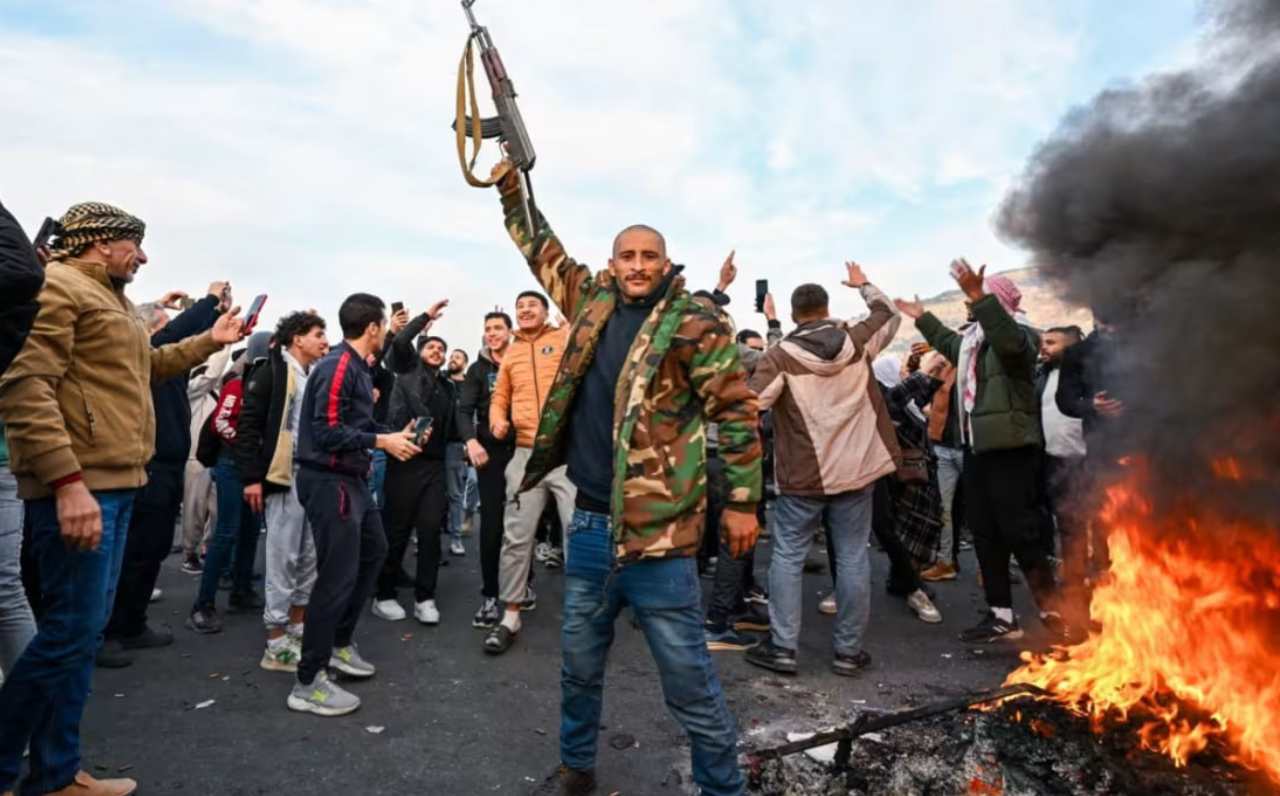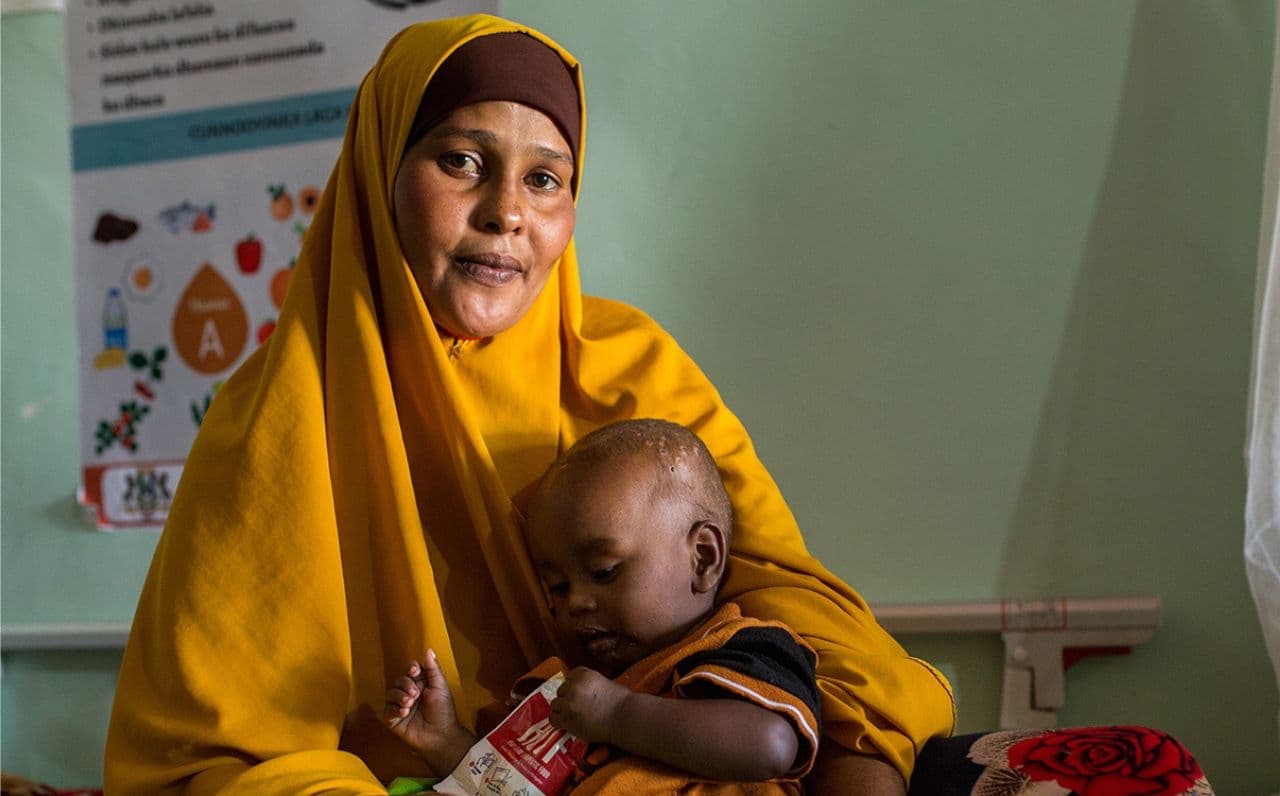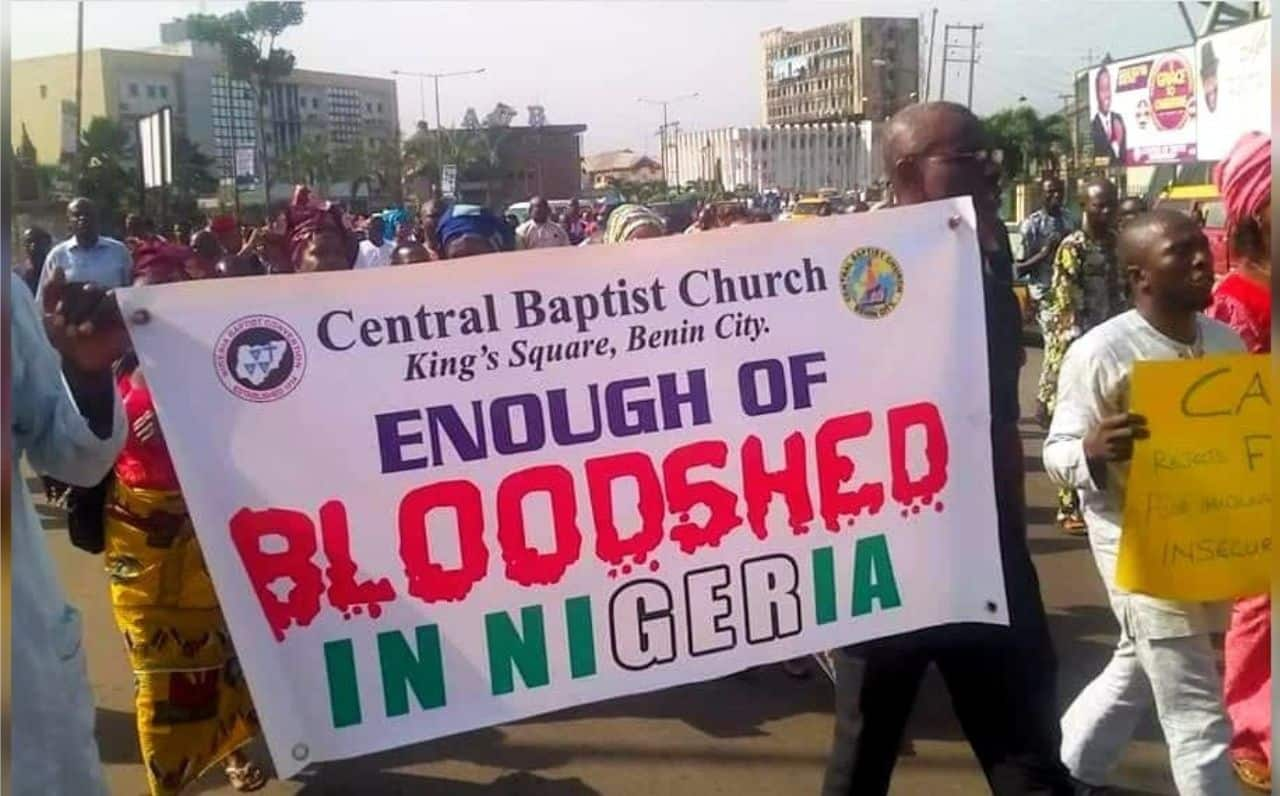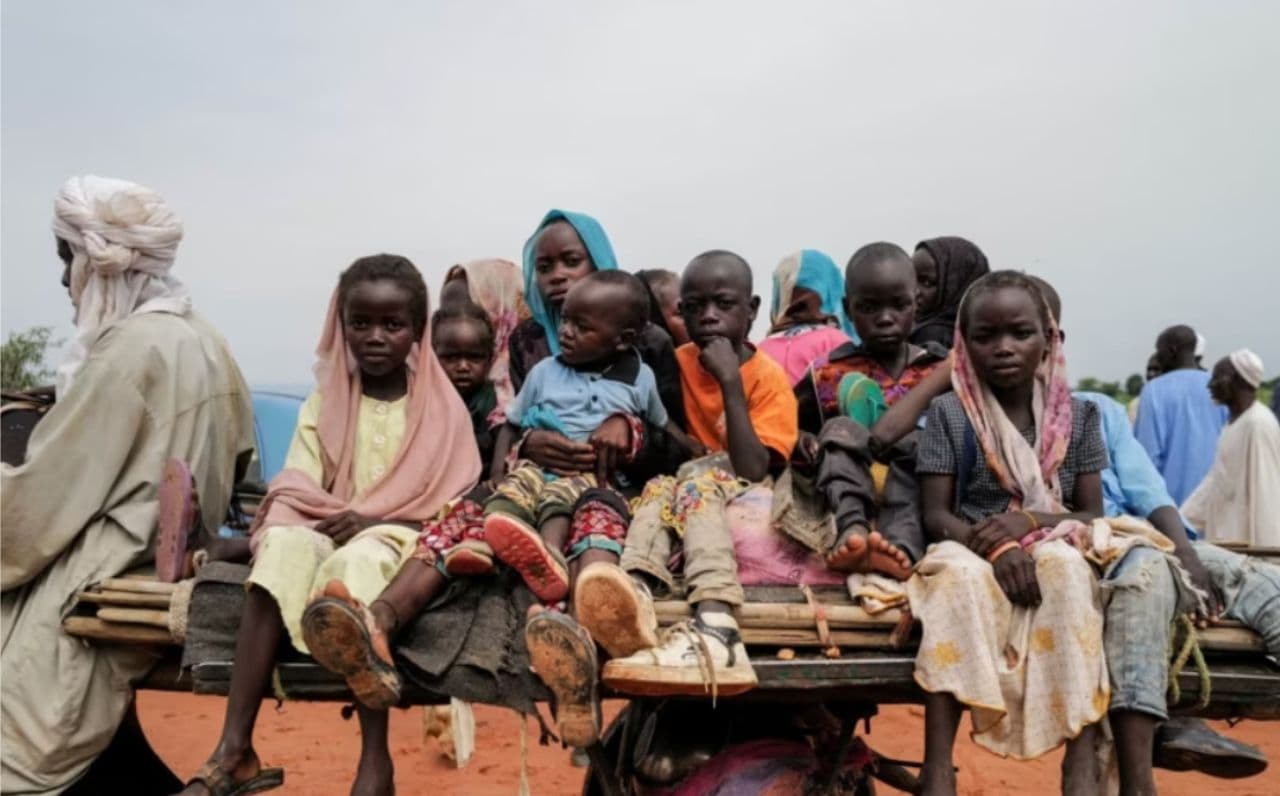Dimensions of the Mozambican crisis
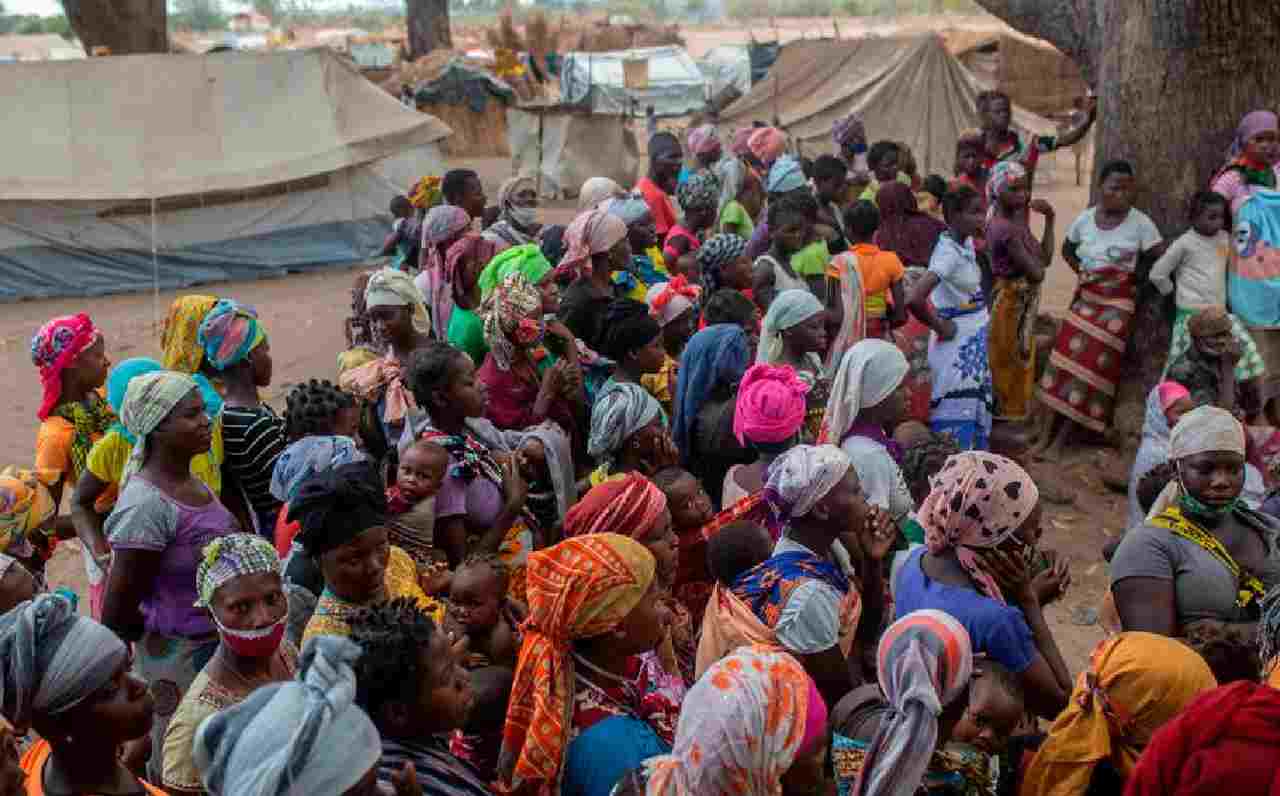
IDPs caught in multiple insecurities.
In the heart of Cabo Delgado province, many IDPs are now concentrated in villages and small towns such as Mitambo, Ankabue and Nanjua, where teams of Médecins Sans Frontières have been setting up mobile clinics since late January to provide food, shelter and health kits. However, these villages lack the basic infrastructure to support many people, especially safe water, shelter, and access to medical care.
There are no permanent health centers in Mitambo, and the village lacks vital infrastructure such as drinking water. Previously, residents used to travel to a health center in a nearby village, but with the current insecurity, people are forced to travel at greater risk.
On January 26, a village near Mitambo was attacked and gunfire was heard, forcing people to move south in search of safety. Hundreds of thousands are now affected by the violence in Cabo Delgado province, which has intensified over the past five years. At the same time, Mozambique is currently at risk of severe climate disasters. Annual tropical storms leave little time for people to recover from hurricanes.
In addition, many people are very vulnerable due to displacement and lack of access to medical care. In the past two weeks, local authorities have reported more than 20 attacks on four villages, with 2,800 homes damaged or destroyed by fire.
The current crisis is concentrated in the heart of Cabo Delgado, especially in the southern regions. Since late January, more than 14,000 people have been forced to flee their homes due to escalating conflict, and are now seeking safety and survival. This is the biggest wave of relocation in recent months.
Violent attacks and ongoing insecurity have driven thousands from their homes as the storm and rainy season begin. This is a very dangerous combination.
Last week, Hurricane Anna - the first tropical storm of the season - reached Mozambique's unpopular provinces. Displaced people in Cabo Delgado Province will be very vulnerable to future tropical storms, as many of them will live without shelter, clean water or sanitation. Storms often cause floods, which significantly increase the risk of spreading infectious diseases such as malaria and diarrheal diseases.
Source and Credit: MSF, UNHCR
Africa

2022 Feb 08
Middle east

2024 Dec 10
Africa

2024 May 10
Threats against Christians in Australia increase
International, Americas

2024 Apr 16
Increasing Arrests and Faceless Victims Revealed in Latest Findings.
Middle east

2024 Feb 23
SimilarNews
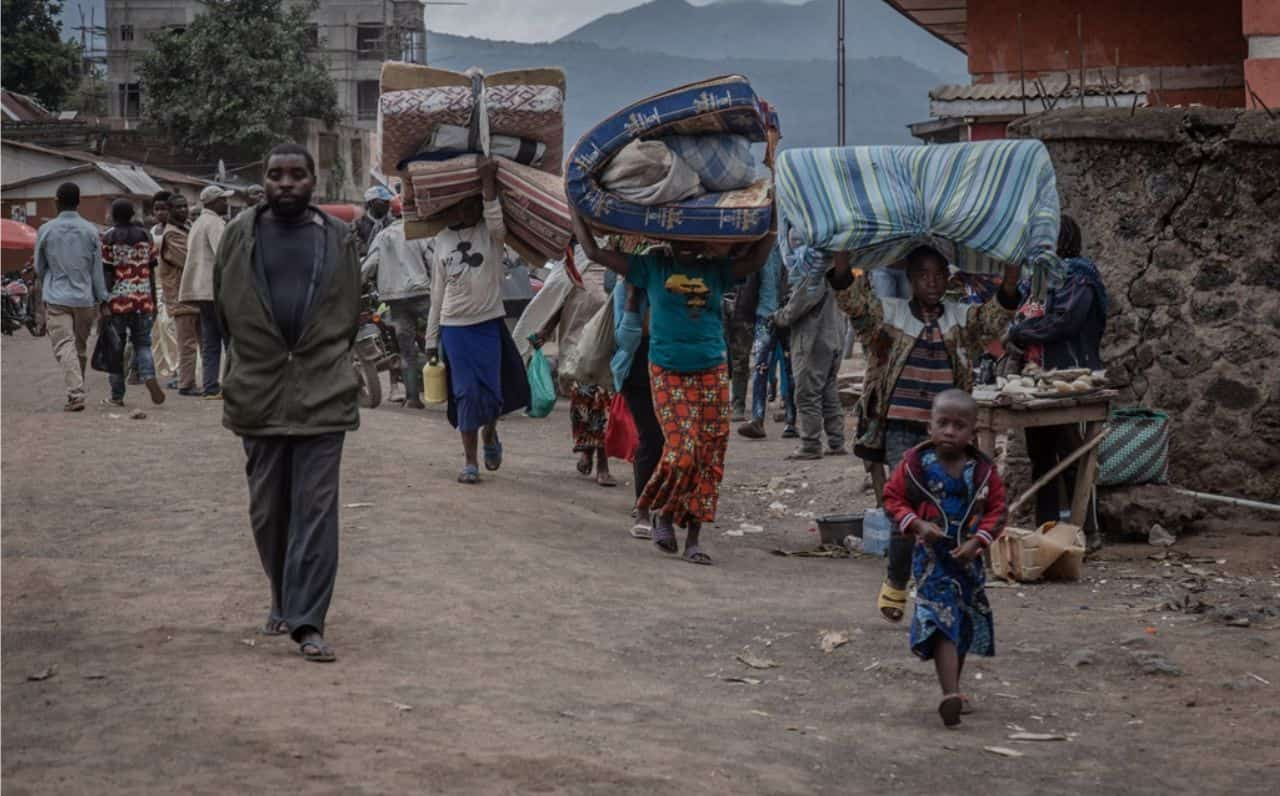 Congo-Rwanda Border Tensions Surge: Conflict Fears Mount
Congo-Rwanda Border Tensions Surge: Conflict Fears Mount Escalating Hostilities Prompt International Concern
Africa

2024 Feb 20
